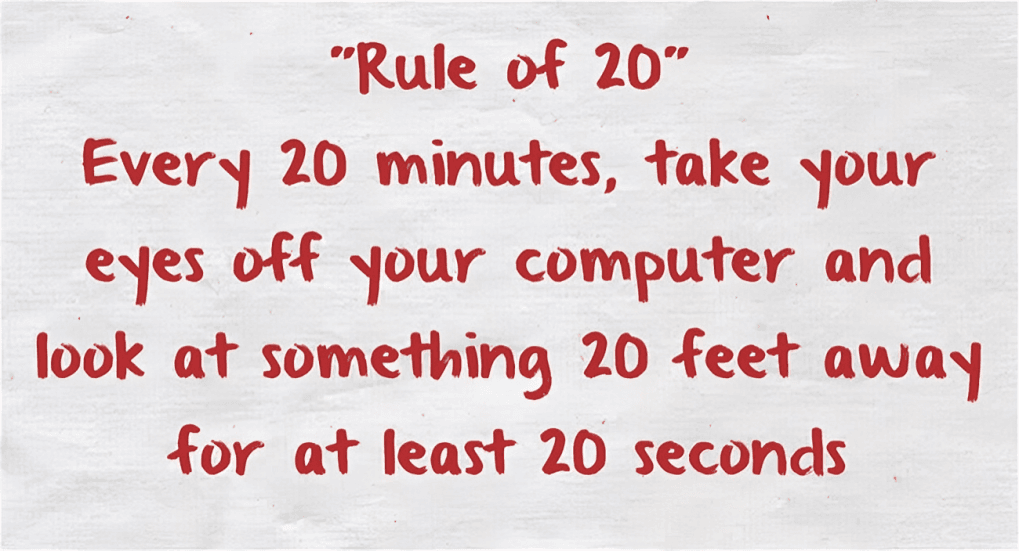
“
In today’s digital age, it’s easy to lose focus and fall into a loop of distraction. Reducing screen time for better focus & productivity is becoming essential for boosting productivity, improving mental clarity, and reclaiming quality time. From setting boundaries to practicing digital mindfulness, this list reveals practical, evidence-backed ways to sharpen your mind and regain control of your time. 1
1
”
A study from the University of California found that frequent screen interruptions reduce productivity by up to 40%, as it takes the brain over 20 minutes to refocus after every distraction. 1
Reducing screen time by just one hour daily significantly boosts memory, as the brain’s working capacity increases when it's not overloaded with excessive digital input and visual stimuli. 2
Blue light exposure from screens before bed disrupts melatonin levels, affecting sleep quality. Better rest means sharper focus, better mood, and higher productivity throughout the day. 3

Replacing one hour of evening screen time with reading or journaling enhances cognitive control, helping your mind stay sharper, more alert, and less fatigued during the workday.
Regular digital detoxes, even for short periods, are shown to increase problem-solving ability, reduce stress, and restore a sense of calm, which directly contributes to more productive thinking. 4
Continuous screen exposure can lead to “mental fog,” where people struggle with decision-making and clarity. Taking frequent breaks refreshes mental focus and strengthens neural efficiency. 5
According to neuroscience research, multitasking with screens—like checking emails while working—slows down overall brain processing speed, causing more errors and reduced performance. 6
Turning off screen notifications reduces stress and boosts concentration by minimizing unnecessary interruptions, helping the brain remain engaged on one single task at a time. 7
Screen-free mornings, where people avoid phones or computers during their first hour awake, are shown to result in greater daily focus and reduced anxiety, improving overall emotional stability. 8

Productivity increases when people follow the “20-20-20 rule” during screen time: every 20 minutes, look at something 20 feet away for 20 seconds. It refreshes attention and protects eye health.
According to workplace studies, employees who take screen-free lunch breaks return more focused, with improved problem-solving skills and a more positive mood throughout the rest of the day. 9
Dr. Cal Newport, author of Deep Work, promotes digital minimalism, stressing that reducing screen distractions improves focus, learning, and cognitive depth in work and study. 10
Practicing mindfulness instead of scrolling during breaks rewires the brain for better emotional regulation, attention control, and awareness—factors closely linked to enhanced productivity. 11
Regular physical activity in place of evening screen time increases oxygen flow to the brain, promoting mental clarity, creativity, and energy, all of which are vital for focused work. 12
When children reduce recreational screen time, studies show they perform better in school, focus more easily, and develop improved behavior—all patterns mirrored in adult productivity trends too. 13

Engaging in offline hobbies, such as drawing or gardening, refreshes the mind and reduces burnout, making people more mentally prepared for focused tasks during working hours.
Studies show excessive screen time weakens the prefrontal cortex, which manages focus and decision-making. Reducing usage helps restore the brain’s executive functioning capabilities. 14
Time-tracking apps that monitor screen usage raise awareness and help users cut down on non-essential usage, directly supporting improved daily focus and better task management. 15
People who silence group chats and social media notifications while working report higher productivity levels and fewer emotional disruptions caused by comparison or news overload. 16
Parents who model reduced screen time not only enhance their own focus but also set positive examples, fostering healthier habits in children and improving family interaction quality. 17


